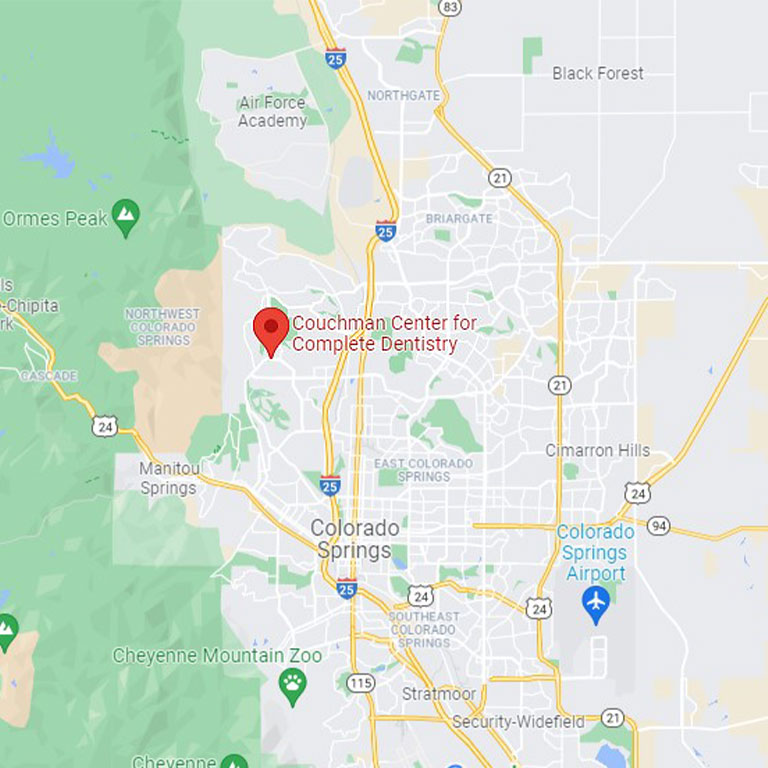WHAT IS SLEEP APNEA?
The words sleep apnea originated from the Greek language meaning of “without breath.” Sleep apnea is a sleep disorder that has potentially life-threatening symptoms. During sleep, people with this disorder have repeated pauses in their breathing while they are sleeping. These pauses in breathing vary in duration. They can be several minutes long, or several seconds long. These pauses can happen up to thirty times or more each hour. When your sleeping pattern is disrupted like this, there can be an imbalance between the bloodstream oxygen levels and carbon dioxide levels. This happens because there is not enough oxygen entering and not enough carbon dioxide exiting the body.
When the brain senses this imbalance, it sends a message to the body to tell it to restart the breathing process by waking up. If you have sleep apnea, you’ll wake up partially as you try to breathe. This process usually results in choking sensations and loud snoring. You may not always wake up completely, so you may not even be aware of your sleeping disorder.
Sleep apnea can be broken down into two main types: obstructive sleep apnea and central sleep apnea. Obstructive sleep apnea describes what happens when the body is still trying to breathe, but the air can’t flow through the mouth or the nose. This type of disorder is much more common, and it can be treated easily by your dentist. Some common symptoms include sleepiness during the day, severe headaches in the early morning, and insomnia. Central sleep apnea describes what happens when the brain tries to send important signals to the breathing muscles but fails.
WHY SHOULD I TREAT MY SLEEP APNEA?
If you suspect that you have sleep apnea, you need to seek medical attention. Because having this disorder can cause you to stop breathing completely many times per hour, sleep apnea can be a fatal disorder.
Obstructive sleep apnea results from the collapsing of soft tissue at the back of the throat. Then, your tongue falls toward the back of your throat and tightens the blockage. This prevents oxygen from entering the lungs.
Following this, your diaphragm, chest region, and abdomen fight for air. These efforts make an even tighter blockage. You then must wake up from sleep to tense your tongue to remove the soft tissue from your airway.
When your carbon dioxide levels increase drastically in your blood, and your oxygen levels decrease, your heart has to pump faster and harder to make up for your lack of oxygen. When these things happen, you can technically die several times each night. For these reasons, sleep apnea can be linked to some serious conditions that are heart-related. If you may have sleep apnea, see your dentist at the earliest possible opportunity.
WHAT HAPPENS DURING MY SLEEP APNEA TREATMENT?
To begin, your dentist will perform a series of tests so that he or she can investigate your condition and properly diagnose you. Then, he or she will find the treatment that is best for you. Depending on the dentist’s diagnosis and your overall health, there may be many types of treatments available to you. Your dentist will most likely also advise you to stop some habits that may worsen or contribute to your sleep apnea. These include alcohol consumption, smoking, and the use of tranquilizers.
In the past, sleeping masks were an effective way to keep a patient’s airways open while sleeping, but now your dentist can offer you some more modern treatments that are less intrusive. There are now some dental devices available that will tease your lower jaw forward gently to keep your tongue from blocking your main air passage. These devices are easy to wear, and they will usually help you to avoid surgery.
If you’re looking for a more permanent solution, you can opt for surgery that will section the lower jaw. This will help to slightly pull forward the bone that holds the tongue. The success rate of this surgery is impressive. Contact our professional team today for more information!




